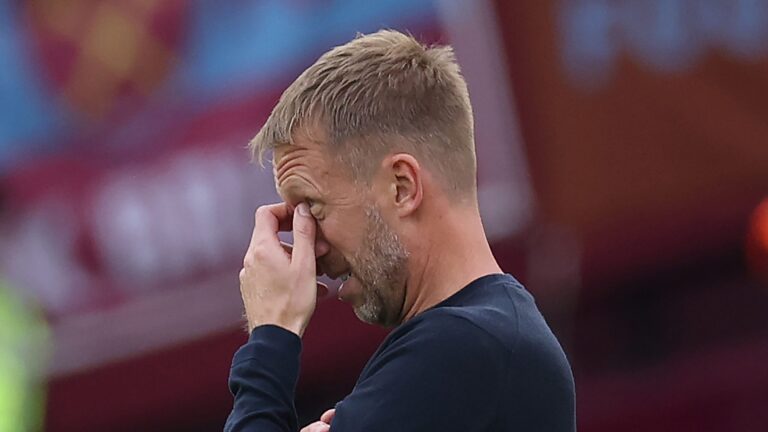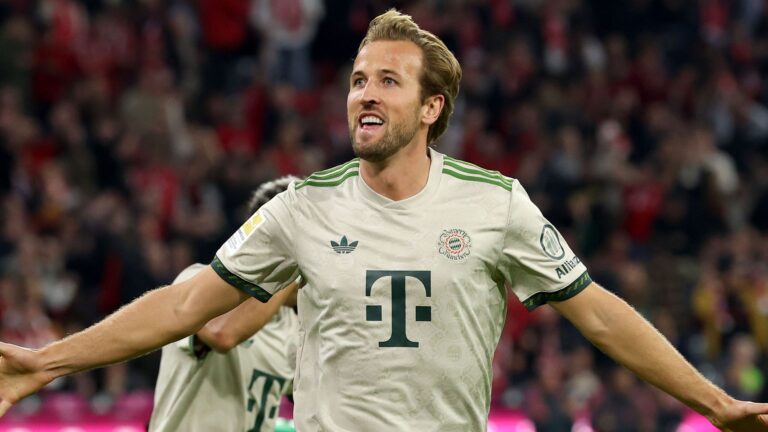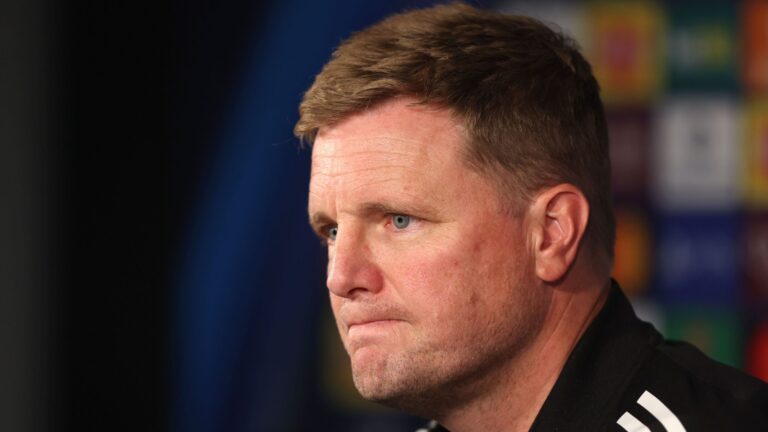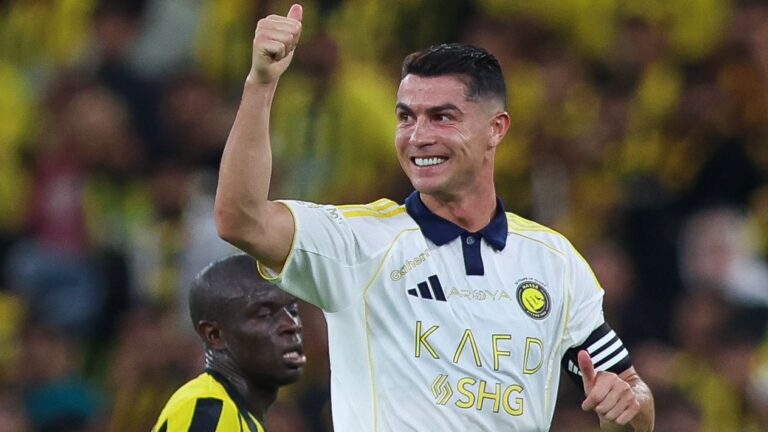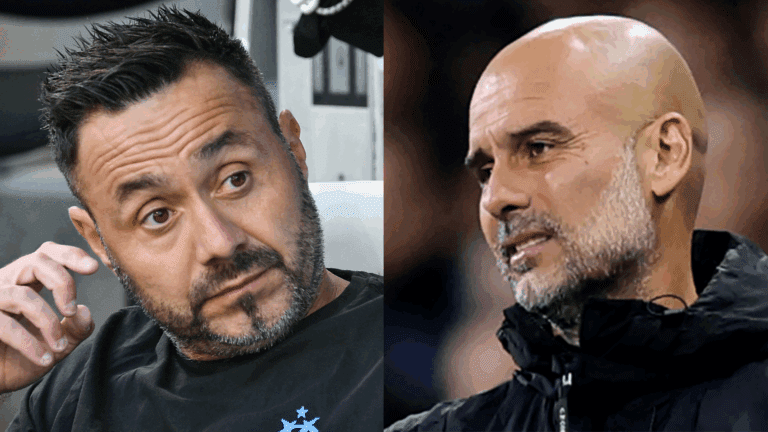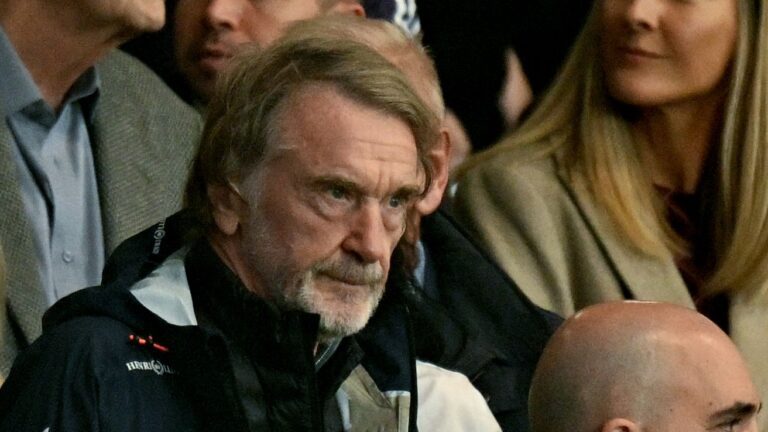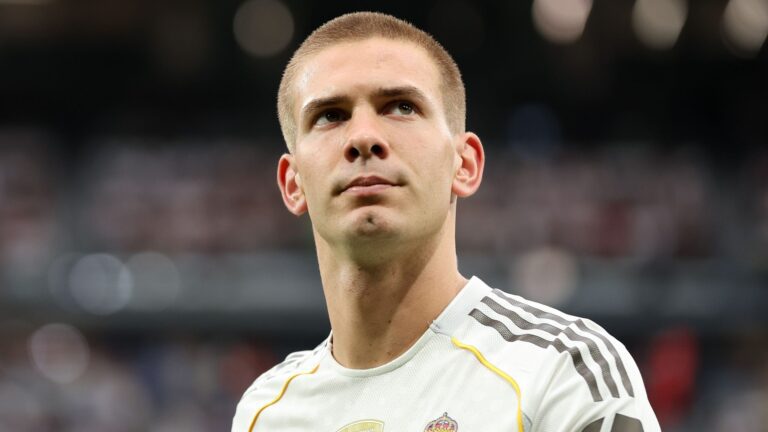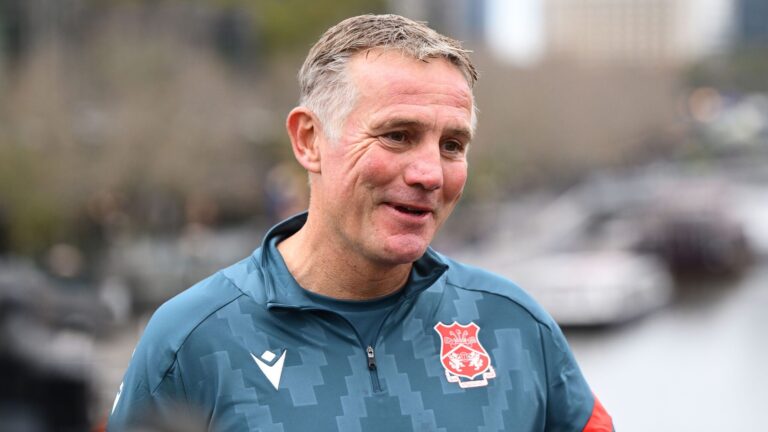


Unveiling the Hidden Dynamics: Ancelotti’s Clash with Abramovich’s Vision
In the high-stakes world of football management, Carlo Ancelotti, Roman Abramovich, and Jose Mourinho form a intriguing triangle of ambition and rivalry that reshaped Chelsea‘s history. This narrative dives into how personal judgments and unmet expectations in the Champions League altered careers, drawing from Ancelotti’s own reflections in his latest book.
Carlo Ancelotti’s Brief but Impactful Reign at Chelsea
During his two-year stint leading Chelsea from 2009 to 2011, Ancelotti orchestrated remarkable domestic victories, capping off his first season with a coveted double triumph. Yet, his exit in the summer of 2011 stemmed from a string of continental disappointments, particularly when Mourinho’s Inter Milan ousted Chelsea from the Champions League in 2010-a defeat that Abramovich found intolerable, especially given his prior decision to part ways with the Portuguese manager.
Abramovich’s Unwavering Demand for European Glory
In excerpts from his book The Dream – Achieving Champions League Supremacy, Ancelotti disclosed how Abramovich explicitly mandated that he secure the Champions League for Chelsea and establish a distinctive playing style. Working under a demanding Russian billionaire, Ancelotti quickly realized that constant success was non-negotiable, and any shortcomings required immediate justification from him as the head coach.
The Ripple Effects of Mourinho’s Victory on Team Dynamics
The following day, Abramovich addressed not only Ancelotti but the entire team, highlighting the fallout from Mourinho’s achievements. Ancelotti was positioned as the steady counterbalance to Mourinho’s intensity, intended to rejuvenate the squad post-turbulence. From Abramovich’s viewpoint, Mourinho was no longer a threat, but Ancelotti’s inability to prevent this upset made the owner feel undermined. Ultimately, Ancelotti’s evaluation hinged on European results, with the Champions League proving decisive in his dismissal. A specific instance involved a player acquisition that was Abramovich’s choice, and Ancelotti’s decision to bench him was seen as a direct challenge, reminding everyone that the owner’s authority was absolute.
The Overarching Influence of Abramovich’s Standards
Ancelotti’s experiences underscore the rigorous benchmarks set by Abramovich throughout his time at Chelsea. Even with impressive national achievements, the oligarch prioritized Champions League outcomes above all. Chelsea finally captured this prestigious trophy in 2012 under Roberto Di Matteo’s guidance, pulling off an improbable win as underdogs against Bayern Munich in a thrilling final on their home ground, just a year after Ancelotti’s departure. Recently, as of 2024, Chelsea has continued to build on this legacy, reaching multiple cup finals and integrating young talents, reflecting the club’s enduring pursuit of European excellence.
Ancelotti’s Global Legacy and Recent Developments
Already celebrated for his legendary accomplishments at AC Milan, Ancelotti has further solidified his status through successful tenures at Paris Saint-Germain, Real Madrid, and his current role with the Brazil national team. He achieved Real Madrid’s long-awaited 10th Champions League title in the 2013-14 season and added two more during his return to the club, building on his earlier European successes with Milan. Meanwhile, Abramovich’s connection to Chelsea ended in 2022 when UK sanctions related to Russia’s invasion of Ukraine forced him to sell the club to Todd Boehly and Clearlake Capital. Under new ownership, Chelsea has invested heavily, spending over £1 billion on transfers since 2022, aiming to reclaim their spot among Europe’s elite, though with mixed results in recent seasons.
Carlo Ancelotti’s Tenure at Chelsea
When we talk about Premier League history, Carlo Ancelotti’s time at Chelsea stands out as a mix of triumphs and unexpected twists. Ancelotti, one of the most respected football managers in the world, took the helm at Chelsea in 2009, following in the footsteps of icons like Jose Mourinho. During his stint, he delivered some impressive Premier League achievements, including the 2009-10 title with a record-breaking 103 goals scored. Yet, despite these successes, his dismissal in 2011 left fans and analysts puzzled, and recent disclosures from Ancelotti himself shed light on the role Roman Abramovich played in that decision.
Ancelotti has openly shared insights into how Abramovich’s lingering admiration for Mourinho’s high-intensity style influenced his fate. In interviews and his autobiography, Ancelotti revealed that Abramovich often compared his more pragmatic approach to Mourinho’s dynamic tactics, which had previously brought Chelsea back-to-back Premier League titles in 2004-05 and 2005-06. This perspective, according to Ancelotti, created an undercurrent of dissatisfaction at the club, even as he racked up wins and silverware.
Roman Abramovich’s Influence on Managerial Decisions
Roman Abramovich’s ownership style has always been hands-on, and his preferences have shaped Chelsea’s trajectory in profound ways. Ancelotti’s dismissal highlights how owner perspectives can override on-field success in football management. Abramovich, known for his ambition and intolerance for anything less than total dominance, reportedly favored Mourinho’s aggressive, counter-attacking philosophy over Ancelotti’s balanced, results-oriented strategy.
This dynamic wasn’t unique to Ancelotti; it’s a recurring theme in Chelsea’s history. For instance, Mourinho’s return in 2013 after a stint elsewhere underscores Abramovich’s loyalty to certain managerial profiles. Ancelotti noted in a 2021 interview that Abramovich’s comments about wanting a “more exciting” team led to doubts about his leadership, despite Chelsea finishing second in the Premier League in 2010-11. This revelation adds depth to discussions around Premier League achievements under pressure from club owners.
The Shadow of Jose Mourinho Over Ancelotti’s Era
Jose Mourinho’s legacy at Chelsea loomed large during Ancelotti’s time, creating a benchmark that was hard to match. Mourinho’s era was defined by defensive solidity and charismatic leadership, which Abramovich seemed to crave even years later. Ancelotti, in his disclosures, pointed out how this comparison affected team morale and strategic decisions, such as transfer priorities and tactical setups.
For example, Ancelotti pushed for signings that aligned with his vision, like Fernando Torres in 2011, but Abramovich’s influence steered the club towards players fitting a Mourinho-esque profile. This tension ultimately contributed to Ancelotti’s exit, even though his team had notable Premier League achievements, including a double win of the Premier League and FA Cup in his first season.
Key Insights from Football Management Perspectives
Delving deeper, Ancelotti’s experience offers valuable lessons on how external influences like owner preferences can impact a manager’s career. One practical tip for aspiring football managers is to build strong communication with club owners early on, ensuring alignment on vision and style. This can help mitigate risks during high-stakes seasons in the Premier League.
Additionally, case studies from other Premier League clubs show similar patterns. Take Manchester United under Sir Alex Ferguson, where owner stability allowed for long-term success without constant style shifts. In contrast, Chelsea’s frequent managerial changes under Abramovich illustrate the challenges of adapting to an owner’s evolving perspective. These examples highlight how Carlo Ancelotti’s dismissal amid his Premier League achievements wasn’t just about results but about fitting a predefined mold.
Benefits of Understanding Owner-Manager Dynamics
Exploring the benefits, recognizing owner influences like Abramovich’s can enhance team performance and longevity in football. For players and coaches, it means fostering adaptability-perhaps by incorporating elements of a preferred style while maintaining core strategies. First-hand experiences from Ancelotti’s career, such as his successful spells at AC Milan and Real Madrid, demonstrate how adapting to different environments led to multiple Champions League wins.
In practical terms, managers can use tools like regular strategy reviews or data-driven presentations to align with owners, potentially preventing dismissals like Ancelotti’s. This approach not only boosts Premier League achievements but also builds a more resilient club culture.
Case Studies in Premier League Managerial Changes
To provide more context, let’s look at case studies of similar situations. For instance, during the 2015-16 season, Mourinho’s second stint at Chelsea ended abruptly despite prior successes, echoing Ancelotti’s experience with Abramovich’s high expectations. Another example is Rafael Benitez’s interim role in 2012-13, where his style clashed with Abramovich’s vision, leading to a short tenure despite winning the Europa League.
These case studies underscore the importance of managerial fit in achieving sustained Premier League success. Ancelotti’s disclosures serve as a reminder that football isn’t just about tactics on the pitch-it’s about navigating the complex web of club politics and owner perspectives.


